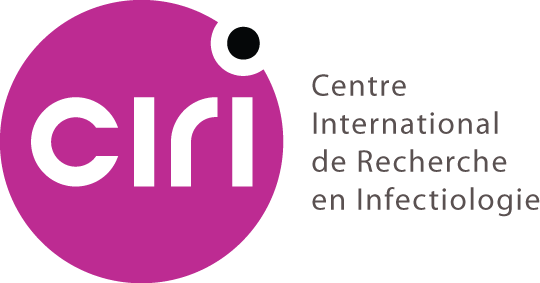Gene signature of circulating platelet-bound neutrophils is associated with poor prognosis in cancer patients
Résumé
Abstract Beyond their critical role in hemostasis, platelets physically interact with neutrophils to form neutrophil-platelet aggregates (NPAs), enhancing neutrophil effector functions during inflammation. NPAs may also promote disease worsening in various inflammatory diseases. However, characterization of NPAs in cancer remains totally unexplored. Using ImageStream®X (ISX) imaging flow cytometer, we were not only allowed able to detect CD15 + CD14 − CD36 + ITGA2B + NPAs in both healthy donors’ (HDs) and cancer patients’ bloods, but we also showed that NPAs result from the binding of platelets preferentially to low-density neutrophils (LDNs) as opposed to normal-density neutrophils (NDNs). By re-analyzing two independent public scRNAseq data of whole blood leukocytes from cancer patients and HDs, we could identify a subset of neutrophils with high platelet gene expression that may correspond to NPAs. Moreover, we showed that cancer patients’ derived NPAs possessed a distinct molecular signature compared with the other neutrophil subsets, independently of platelet genes. Gene ontology (GO) term enrichment analysis of this NPAs-associated neutrophil transcriptomic signature revealed a significant enrichment of neutrophil degranulation, chemotaxis and trans-endothelial migration GO terms. Lastly, using The Cancer Genome Atlas (TCGA), we could show by multivariate Cox analysis that the NPAs-associated neutrophil transcriptomic signature was associated with a worse patient prognosis in several cancer types. These results suggest that neutrophils from NPAs are systemically primed by platelets empowering them with cancer progression capacities once at tumor site. NPAs may therefore hold clinical utility as novel non-invasive blood prognostic biomarker in cancer patients with solid tumors. Novelty and Impact Platelets physically interact with peripheral blood neutrophils to form neutrophil-platelet aggregates (NPAs), known to promote disease worsening in various inflammatory diseases. However, characterization of NPAs in cancer remains totally unexplored. We showed that NPAs-associated neutrophils were a yet-unreported unique subset of circulating neutrophils associated with a worse patient prognosis in several cancer types. NPAs may hold clinical utility as novel non-invasive blood prognostic biomarker in cancer patients with solid tumors.
Origine : Fichiers produits par l'(les) auteur(s)
